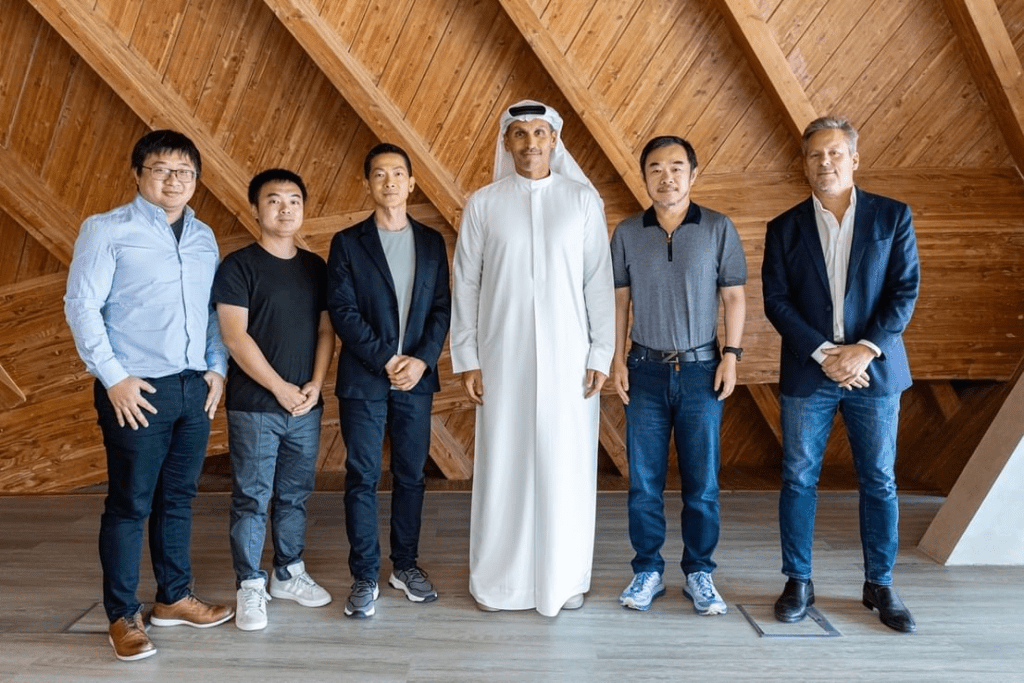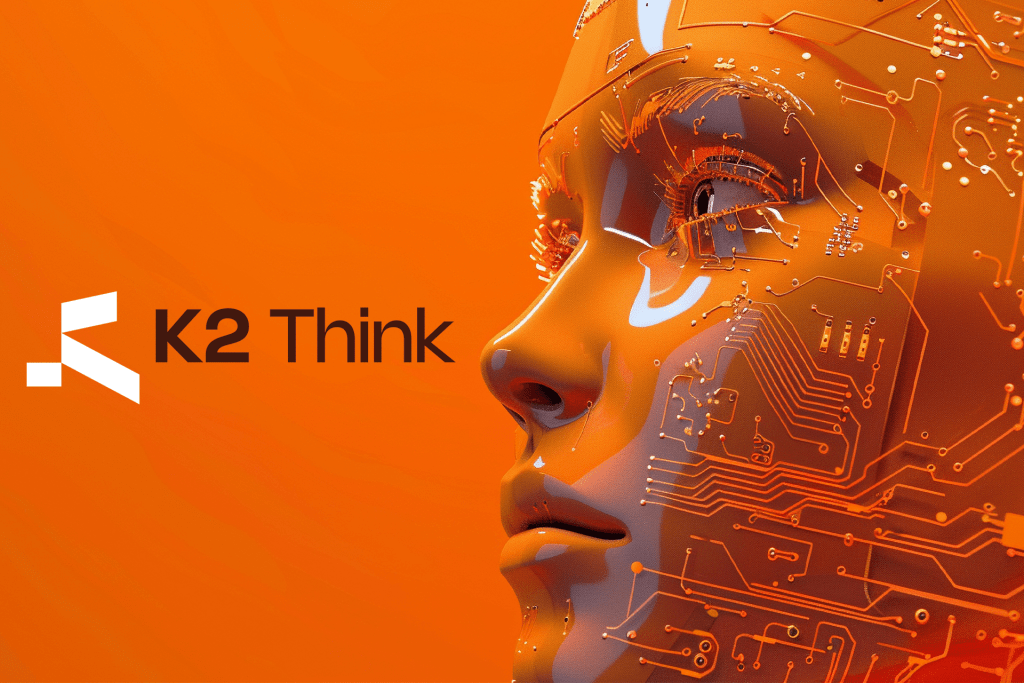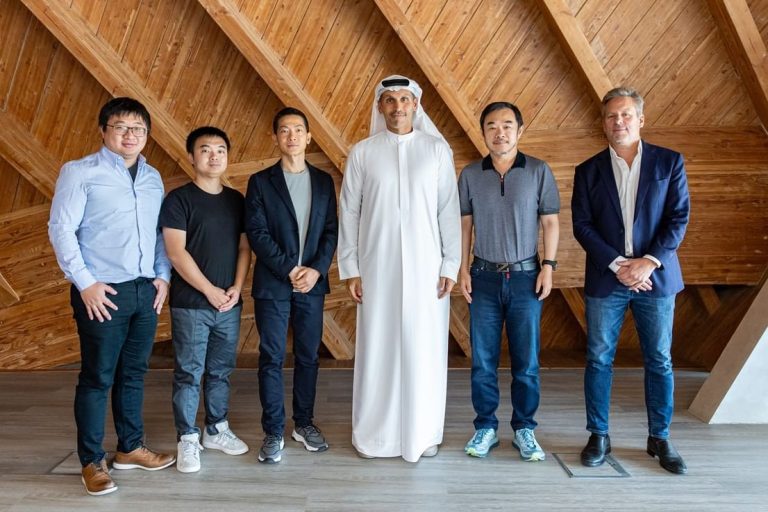The global AI race has mostly been framed as a tug-of-war between the US and China, with companies like OpenAI and DeepSeek leading the charge. But the United Arab Emirates recently threw its hat in the ring with K2 Think, a reasoning-focused AI model built by the Mohamed bin Zayed University of Artificial Intelligence (MBZUAI) in Abu Dhabi alongside local AI company G42.
What makes K2 Think stand out is its promise: it’s smaller, cheaper, and open to everyone — yet it claims to perform on the same level as models that cost billions to train.
Built on Qwen 2.5 and Powered by Cerebras Chips
K2 Think didn’t come out of nowhere. The team started with Alibaba’s Qwen 2.5 model as a foundation, then trained and deployed it on Cerebras hardware, which is known for its wafer-scale chips designed for speed. But the real magic is in how it was trained:
- Step-by-step thinking: The model learned from examples that don’t just give an answer, but show the reasoning process leading up to it.
- Rewards for being right: Instead of relying on human judgment, K2 Think was fine-tuned on tasks where there’s a clear correct answer, like math equations and coding problems.
- Planning before answering: When faced with a tough question, it maps out a plan, tries multiple possible answers, and then chooses the best one.
This mix of techniques means K2 Think can handle complex, multi-step problems without ballooning into a massive, resource-heavy system.

32 Billion Parameters That Compete with Giants
K2 Think clocks in at 32 billion parameters — tiny compared to DeepSeek’s 671 billion or OpenAI’s 120B+ reasoning models. But thanks to its training recipe, it competes with them on reasoning-heavy benchmarks like AIME, HMMT, OMNI-Math-HARD, and even coding and science tasks.
And it’s fast. Running on Cerebras chips, it can pump out about 2,000 tokens per second (roughly 1,500 words). For anyone used to waiting around while a model generates long answers, that’s a big deal.

Fully Open Source and Accessible to Everyone
One of the most notable things about K2 Think is that it’s completely open source. The team didn’t just release the model weights — they also shared the training data, code, and deployment tools.
That means researchers and developers anywhere in the world can study how it works, test it, and even build on top of it. This kind of transparency is rare at the top levels of AI research and puts the UAE in a small club of nations (alongside the US and China) offering open reasoning models to the global community.

Smaller, Smarter, and More Efficient Than the Competition
Here’s where things get interesting:
- Smaller but smarter: At 32B parameters, it’s lean compared to the giants, but its accuracy on reasoning tasks punches well above its weight.
- Efficiency first: Tech giants throw massive budgets at scale. MBZUAI showed you can get close results by focusing on smarter training and clever inference tricks.
- Niche strengths: While it shines in math, coding, and logic, larger models may still have the edge when it comes to broad general knowledge or open-ended creativity.

Why K2 Think Could Change the Game
K2 Think isn’t just another AI model — it’s a statement of intent. By building something fast, efficient, and fully transparent, the UAE is signaling it wants a seat at the table in global AI leadership. And perhaps more importantly, it challenges the long-held belief that “bigger is better.” If it catches on, K2 Think could help democratize reasoning AI, giving smaller labs and countries access to powerful systems without billion-dollar budgets.

The Bottom Line
K2 Think may not be the largest or flashiest AI out there, but it’s an impressive example of doing more with less. With 32B parameters, an open-source framework, and the speed to keep up with the big players, it shows that the future of AI might not just belong to giants — it might also belong to those who build smarter.
WE SAID THIS: Don’t Miss…Abu Dhabi Officially Becomes MENA’s Fastest-Growing AI Hub



